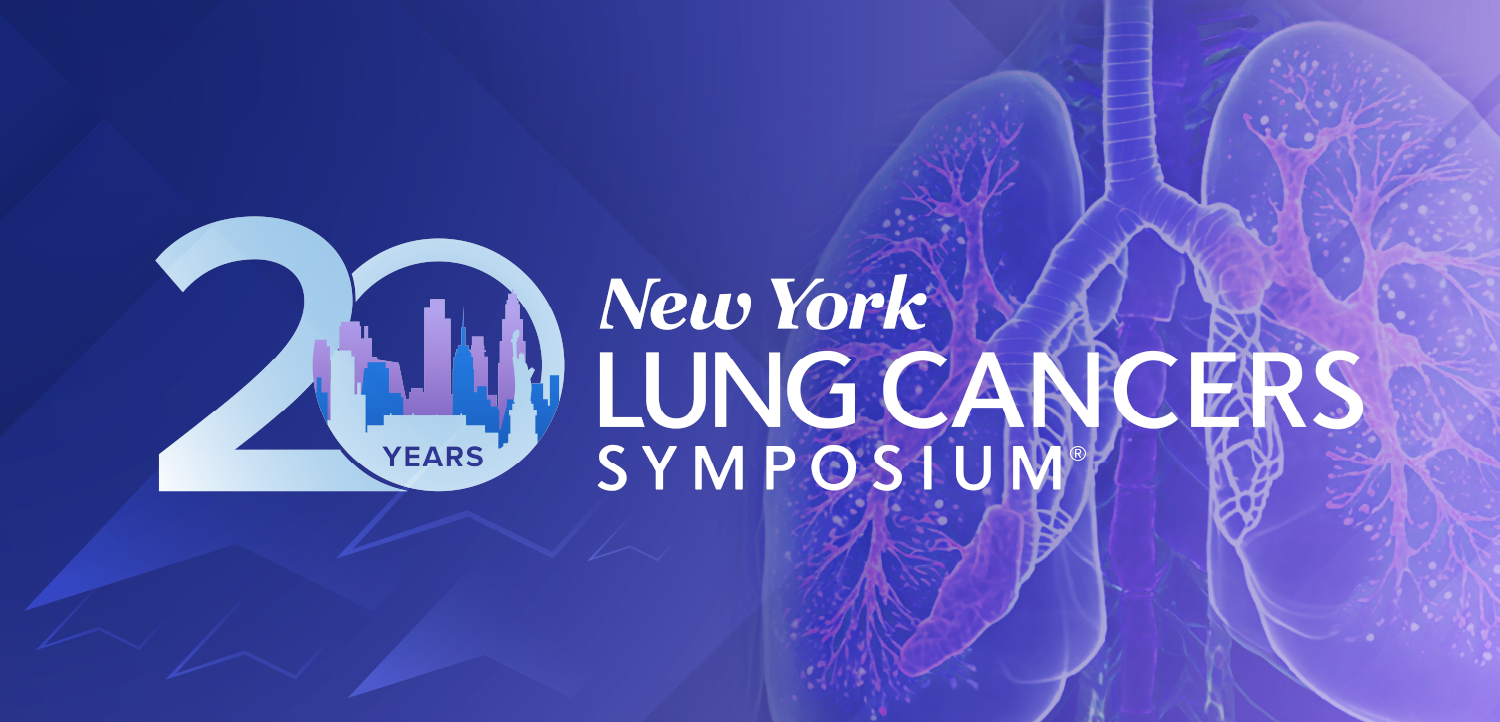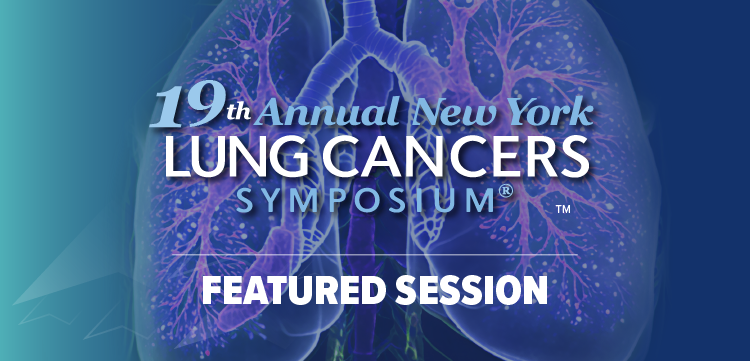
Oral Azacitidine Improves, Sustains Health-Related QoL in AML
Treatment with the oral agent showed sustained health-related quality of life compared with placebo in patients with acute myeloid leukemia, according to results of the phase 3 QUAZAR AML-001 trial.
Treatment with oral azacitidine (CC-486) showed sustained health-related quality of life (HRQoL), compared with placebo, in patients with acute myeloid leukemia (AML), according to results of the phase 3 QUAZAR AML-001 trial.1
Results from HRQoL analysis of the QUAZAR AML-001 trial were presented by Gail J. Roboz, MD, professor of Medicine, Weill Cornell Medical College, during the American Society of Hematology (ASH) Virtual Annual Meeting. The primary end point of the analysis was the mean of changes from baseline in HRQoL scores. The 2 secondary end points were the rate of clinically meaningful improvement or decline from baseline assessed at each patient visit and the time to definitive clinically meaningful deterioration. Longitudinal analyses were also performed to validate the non-inferiority of HRQoL with azacitidine versus placebo.
HRQoL in patients with AML is often impacted by fatigue, and no existing therapies have been able to show efficacy and safety without declining HRQoL, providing the rationale for this HRQoL analysis of QUAZAR AML-001.
For the HRQoL, Roboz et al utilized the Functional Assessment of Chronic Illness Therapy (FACIT)-Fatigue measurement system to assess the level of fatigue patients experienced from one week to the next. The FACIT-Fatigue survey consisted of 13 questions which were scaled on a score from 0 to 4 based on lack of fatigue and high levels of fatigue. The total score range for the FACIT-Fatigue measurement system was 0 to 52. Three points were deducted from the score if patients had worsening minimally important differences (MIDs), and 3 points were added if MIDs were improving.
The EQ-5D-3L descriptive system was also used for the HRQoL analysis in order to assess patients’ current overall HRQoL. This system looks at 5 dimensions, including mobility, self-care, pain, usual activities, anxiety, and depression, as well as a visual analog scale (VAS). The scale ranged from 0 for worst possible health to 100 for best possible health. This system was set up to deduct 11 points for worsening MID, and 11 points were added for MID improvement.
The study included a total of 472 patients who were randomized 1:1 to received either oral azacitidine 300 mg once daily for 14 days or a matching placebo. Those who achieved a complete response (CR) or CR with incomplete hematologic recovery (CRi) continued treatment until the end of the study. Other patients with 5% to 15% of bone marrow blasts were eligible to receive azacitidine with placebo for 21 days, and those with 15% bone marrow blast of higher were eligible to stop therapy. The patients enrolled in the studies were aged at least 55 years with de novo AML or AML secondary to myelodysplastic syndrome or chronic myelomonocytic leukemia. Patients were all on their first CR/CRi with induction chemotherapy with or without consolidation therapy. It was required that all patients have an ECOG performance status of 0 to 3, intermediate or poor-risk cytogenetics, were not candidates for HSCT, and had adequate laboratory values.
Overall, 95% of the azacitidine population and 94% of the placebo population were evaluable for HRQoL. It appeared that HRQoL was comparable in the study arms, as they both demonstrated low fatigue levels and good HRQoL overall. Among patients treated with azacitidine, the mean FACIT-Fatigue score was 40.8 (standard deviation [SD], 8.6) compared with a mean of 40.7 (SD, 8.3) in the placebo arm.
The EQ-5D-3Lscore for the azacitidine arm was 0.80 (SD, 0.10) versus 0.79 (SD, 0.14) in the placebo arm. Finally, the EQ-5D VAS score was 74.6 (SD, 17.4) among patients treated with azacitidine compared with 75.4 (SD, 16.2) for those given placebo.
It was noted that patients received a median of 12 cycles of therapy with azacitidine and 7 with placebo. Both baseline and post-baseline HRQoL compliance rates were high, demonstrating the accuracy of the results. Compliance did notably decline at the end of treatment.
In terms of the first secondary end point of the study, there was no meaningful difference in changes from baseline between the azacitidine arm and the placebo arm. However, the difference in EQ-5D-3L at cycles 22 (P = .048) and 23 (P = .033) were considered statistically significant.
The longitudinal analysis also demonstrated no statistically significant difference between the treatment arms on the FACIT-Fatigue scale. There was also no difference in the overall change for the FACIT-Fatigue or ED-5D-3L scores, and notably, scores did not exceed the prespecified MID thresholds. These results support the initial hypothesis that HRQoL is not inferior in patients who received azacitidine compared with those who are given a placebo.
Results related to the other secondary end points show low rates of clinically meaningful deterioration which were similar between the azacitidine and placebo arms. In cycle 19 of treatment, the placebo arm had shown statistically significant favor on the EQ-5D-VAS scale (P = .031) and during cycle 29 on the FACIT-Fatigue scale (P =.034). There was no statistically significant difference shown in the time to definitive HRQoL deterioration on any scale.
The primary analysis of the study revealed an improvement in OS and RFS with azacitidine versus placebo in patients aged 55 years of age or older with AML who are in the first remission following induction chemotherapy. The results led to the FDA approval of azacitidine for continued treatment of adult patients with AML who are in their first remission post-induction chemotherapy and who are not able to receive a curative therapy like hematopoietic stem cell transplant.
At a median follow-up of 41.2 months, the median OS was 24.7 months (95% CI, 18.7-30.5) in the azacitidine arm compared with 14.8 months (95 CI, 11.7-17.6) in the placebo arm for an improvement of 9.9 months with azacitidine (stratified HR, 0.69; 95% CI, 0.55-0.86; stratified P =.0009). In addition, findings reported in a press release from the developer, Bristol Myers Squibb, on the primary analysis of the QUAZAR AML-001 trial showed a median RFS of 10.0 months with azacitidine compared with 4.8 months among patient who received placebo (HR, 0.65; 95% CI, 0.52-0.81; P =.0001).2
Taken together the primary analysis and HRQoL analysis data on patients with AML from the QUAZAR AML-001 showed that those with CR/CRis had low levels of fatigue and favorable HRQoL outcomes a baseline that did not deteriorate following treatment with oral azacitidine. In addition. Azacitidine was found to be non-inferior to placebo in terms of changes from baseline on the FACIT-Fatigue, EQ-5D-3L scoring systems.1,2
References
1. Roboz Gj, Dohner H, Pocock C, et al. Health-related quality of life with CC-486 in patients with acute myeloid leukemia in first remission following induction chemotherapy: results from the phase III QUAZAR AML-001 maintenance trial. Presented at the. Presented at: 2020 ASH Annual Meeting; December 5-8, 2020; Virtual. Abstract 214
2. Bristol-Myers Squibb presents overall survival and safety data from pivotal CC-486 study QUAZAR AML-001. News release. Bristol Myers Squibb. December 10, 2019. Accessed December 05, 2020. https://bit.ly/3mLxBwJ
Newsletter
Stay up to date on recent advances in the multidisciplinary approach to cancer.

















































































